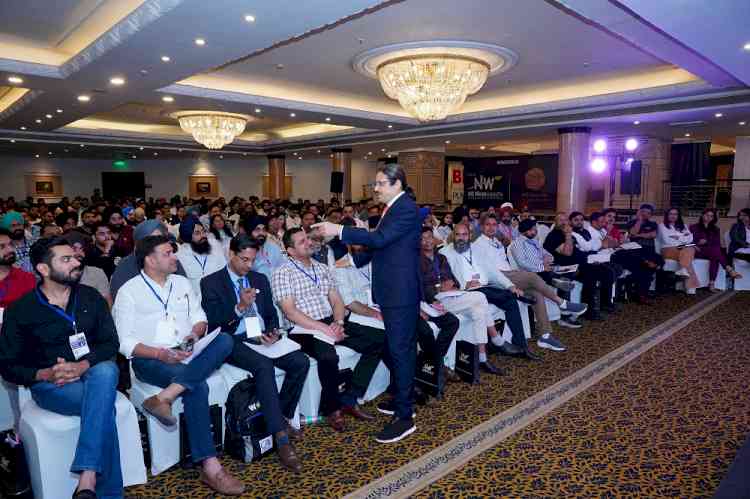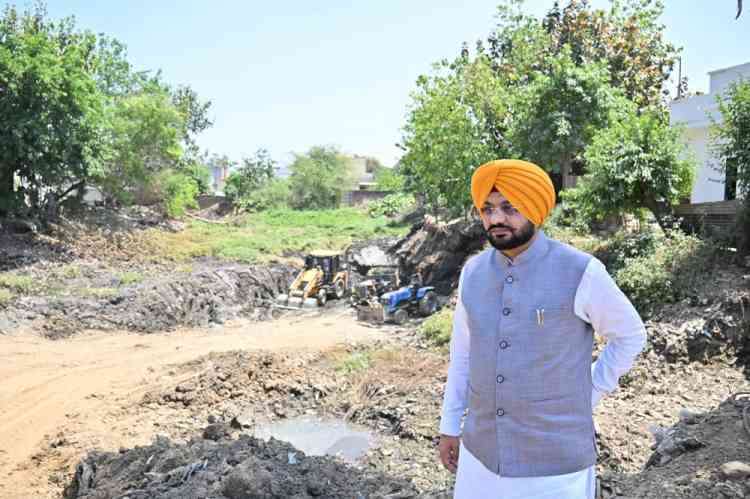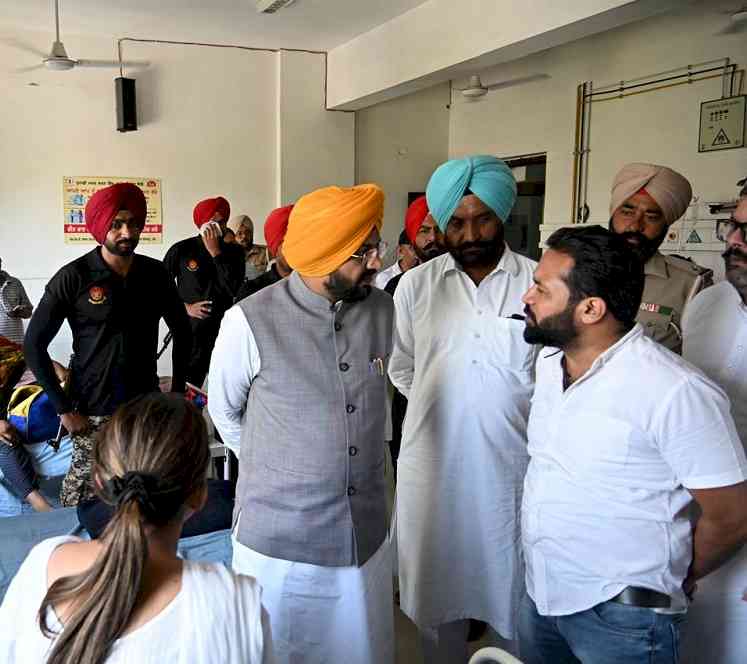“Community sanitary complexes” to come up in 89 villages of District Ludhiana
Each complex to have 4 toilets, two for men while one each for women and physically challenged

Ludhiana: With an aim to provide better sanitation to the residents of rural areas of the district, the Capt Amarinder Singh led Punjab government is constructing 89 “Community Sanitary Complexes” in different villages of Ludhiana. These 89 Community Sanitary Complexes would come up in different villages of district Ludhiana with a cost of Rs 2.67 crore.
ADC (Development) Mr Sandeep Kumar informed that these complexes would be centrally located so that they are accessible to all people in the village with provision for washing hands. In addition, it would also be used by passersby and participants of public gatherings, thereby eliminating the practice of open defecation completely.
He said that significantly, the availability of adequate sanitation access helps maintain dignity, social status, privacy and safety, while improving health and reducing mortality rate. He said that effective signage such as wall paintings would also be used to make people aware of the need to use toilets and to refrain from defecating in the open in the village. He informed that the work on such complex at village Raipur Rajputtan near Khanna is expected to start in next few days.
It is pertinent to mention that Chief Minister Capt Amarinder Singh had launched ‘Har Ghar Pani, Har Ghar Safai’ mission as part of Punjab government’s campaign to accomplish the goal of 100% potable water supply and maintaining cleanliness in all the rural households of the state by March next year, thus making Punjab the first state in the country to achieve this distinction.
Gurdeep Singh, a resident of village Ghulal, where one such “Community Sanitary Complex” is coming up thanked Chief Minister Capt Amarinder Singh and Punjab government for choosing his village for setting up this complex. He said that the construction of ‘Community Sanitary Complex’ in the village would be of great convenience to the people and especially for the convenience of those who did not have toilets in their houses.


 cityairnews
cityairnews 









